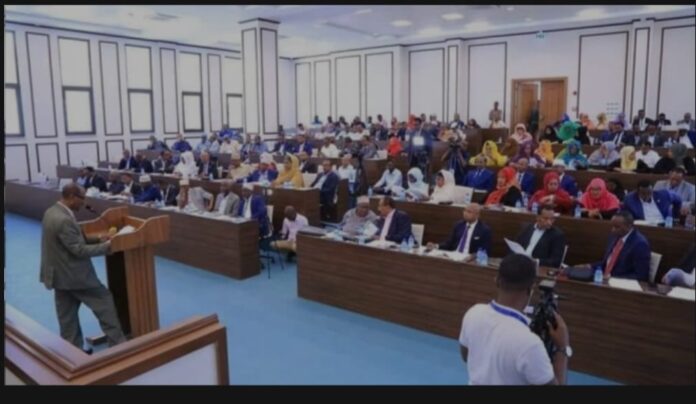There are several factors that may contribute to the perceived lack of statecraft skills in Somalia. It is important to note that Somalia has been struggling to build government institutions for the last two decades, but the problems persist and they have become very hard to fix.
These lack of management skills cannot be oversimplified and may not lead to the stabilisation of the country anytime soon. Unless the core issue, which is the lack of expertise, is addressed, it will be very difficult for the Somali government to succeed.
In this context, it is important to analyse why the Somali government cannot do its job effectively. Here are some factors that could have an impact:
Historical and colonial legacies:
Somalia has experienced a range of historical challenges, including colonization, which disrupted local governance structures and often focused on clan disputes rather than building strong institutions. These legacies can still impact Somalia’s ability to develop and implement effective statecraft practices.
Weak institutions and governance systems:
Somalia faced challenges in establishing and maintaining strong and inclusive institutions, as well as effective governance mechanisms. Weak institutions can hinder the development and implementation of effective statecraft skills.
Limited resources:
Limited financial and human resources can pose obstacles to developing statecraft skills. Insufficient investments in education, training, and infrastructure can hinder the capacity of the Somali government to effectively govern and manage the country.
Political instability and conflicts:
Persistent conflicts and political instability in Somalia can disrupt the development and implementation of statecraft skills. These issues can divert resources away from government institutions and undermine stability, making it difficult to focus on long-term governance strategies.
Brain drain:
A significant number of skilled Somalis, including those with statecraft expertise, migrate to other countries in search of better opportunities. The loss of skilled professionals can weaken the capacity of the Somali nation to implement effective statecraft practices.
Lack of experience and exposure:
Building statecraft skills requires experience and exposure to various governance contexts. Somalia emerged from a long period of authoritarian rule which eroded the cohesion of society. The country may still need time to heal its old wounds so that the people can learn from their bitter experiences, and it will become a viable option to learn new statecraft skills.
It is important to note that Somali people are homogeneous and it will become easy for them to recover from all the setbacks if they get good leadership who can address these factors in a very significant way.
In order to strengthen state institutions and build a skilled workforce, several initiatives need to be undertaken in Somalia. These could include governance reforms aimed at streamlining bureaucratic processes and increasing transparency and accountability in government operations. Capacity-building programmes could also be introduced to equip civil servants with the necessary skills and knowledge to effectively carry out their duties.
Partnerships with international organizations could also provide much-needed technical assistance and support to Somalia’s government. However, it is important to keep in mind that progress in these areas will take time and requires sustained effort.
If these initiatives are not undertaken, the situation in Somalia will remain challenging. Without a skilled workforce, efforts to build effective state institutions will be undermined, leaving the public disillusioned and disappointed. Moreover, those who currently occupy government positions are not elected and lack the legitimacy to effectively deliver on their responsibilities. Addressing these issues is crucial to improving the future of Somalia. The end.
Mohamed Mohamoud Adde is an academic and a political Analyst specialising in offering expert analysis, insight and recommendations on Political developments.
(His goal is to aid stakeholders in making informed decisions and comprehending the complex dynamics of political systems


